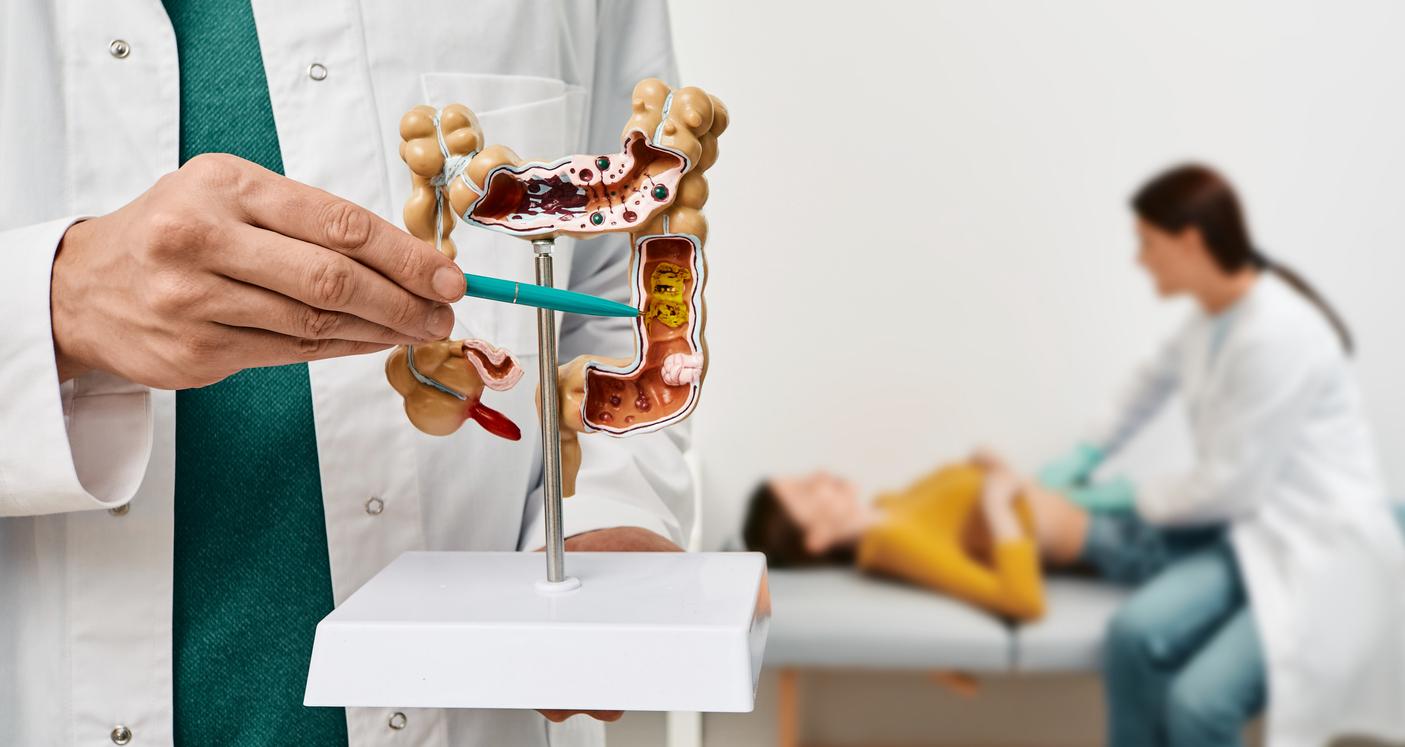A new study published in Neurology finds that a CGRP inhibitor, ubrogepant, may stop migraine attacks when taken at the first prodromal signs. This advance offers a glimmer of hope for the millions of people who suffer from debilitating migraines.

THE ESSENTIAL
- Ubrogepant, a CGRP inhibitor, taken at the first prodromal signs may stop a migraine attack before headaches appear.
- The study shows that ubrogepant significantly reduces activity limitations and improves patient satisfaction compared to placebo.
- Treating migraines in the prodromal phase could represent a major advance in the management of this disease.
Migraine is one of the most common and disabling neurological conditions worldwide. It is characterized by recurrent attacks of severe headache, often accompanied by nausea, vomiting, and extreme sensitivity to light and sound. The condition affects approximately 12% of the world’s population, with a higher prevalence in women, particularly young adults. Despite its considerable impact, many people with migraine remain dissatisfied with current treatments, which often fail to prevent or effectively relieve attacks.
A turning point in migraine management
However, a new study published in Neurology could mark a turning point in the management of this condition. The study explored the effectiveness of ubrogepant, a calcitonin gene-related peptide (CGRP) receptor antagonist, when given at the first signs of a migraine, even before headaches appear. This phase, known as the prodromal phase, is characterized by warning symptoms such as sensitivity to light and sound, fatigue, neck stiffness, and dizziness. For many people, these symptoms signal the imminent arrival of a migraine attack.
Effectiveness from administration during symptoms indicating migraine
The study included 518 participants with regular migraines, all of whom were able to identify prodromal symptoms that signal the onset of an attack. The researchers conducted a randomized clinical trial, in which participants treated two migraine attacks over a two-month period with either ubrogepant or a placebo. The results showed that administering ubrogepant during the prodromal phase significantly reduced activity limitations, with 65% of patients reporting being “not at all limited” or “somewhat limited” 24 hours after taking the drug, compared with 48% for placebo.
Analyzing the results in more detail, the researchers found that as early as two hours after taking ubrogepant, patients were 73 percent more likely to report that they had “no disability” compared with those who took the placebo. Additionally, eight hours after dosing, patients who took ubrogepant were more likely to report being “satisfied” or “extremely satisfied” with their ability to function normally.
An advantage over treatments taken once the crisis has set in
These results are particularly significant because they suggest that ubrogepant may not only prevent the onset of headaches, but also allow patients to maintain an active daily life despite prodromal symptoms. This represents a major advantage over current treatments, which are often administered after the pain has already set in, limiting their effectiveness. The importance of treating migraine in the prodromal phase is based on the idea that this early phase is critical for preventing more severe symptoms. The prodromal phase, which can occur from a few hours to 48 hours before headaches, is often overlooked in migraine management. Yet recognizing and treating the warning signs could transform the way this disease is managed.
A major step forward to stop the crisis before it starts
Although this study provides promising results, it also raises questions about the long-term applicability of ubrogepant as a preventive treatment. The efficacy of the drug in a broader setting still needs to be confirmed by additional clinical trials. In addition, research is needed to evaluate the potential side effects of regular use of ubrogepant during the prodromal phase.
Despite these uncertainties, the excitement surrounding these findings is palpable. For the millions of people who suffer from debilitating migraines, a treatment that can stop an attack before it starts represents a major breakthrough. If ubrogepant continues to show positive results in future studies, it could become a mainstay in migraine management, giving patients a new weapon to regain control of their daily lives. However, more research is needed to confirm these long-term results.


















